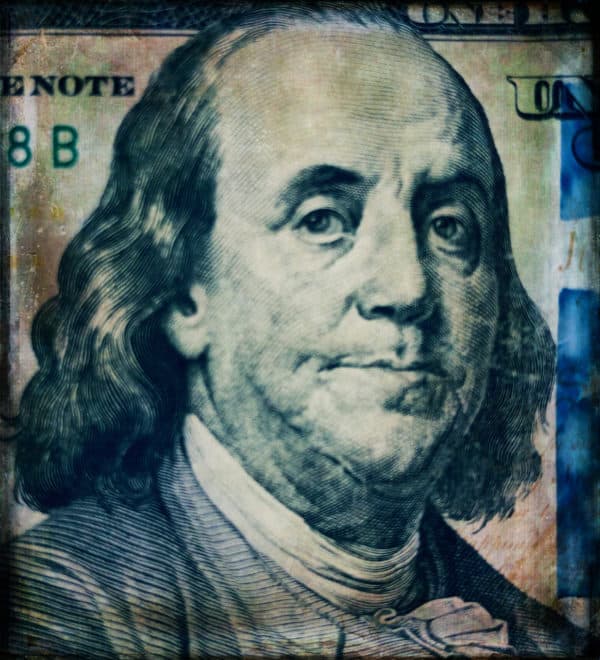In an effort to mitigate the effects of Covid-related shutdowns, the US government poured trillions of dollars into relief programs, offering loans to businesses in need and sending checks to people whose income qualified them for aid. However, without adequate controls in place, there was nothing preventing fraudsters from taking advantage of the government’s largess to scoop up ever-larger amounts of money for their own benefit. According to one estimate, at least $100 million stolen from Covid relief funds have been laundered through the four top online investment platforms – and that’s just the tip of the iceberg.
The ease with which people were able to fool the government into giving them millions of dollars in loans demonstrates with exceeding clarity why it is so important to have stringent and sophisticated processes in place to verify identity and flag potentially suspicious activities.
While the US Department of Justice (DOJ) has touted its response as “a model for proactive, high-impact white-collar enforcement” that enabled them to “quickly ensure accountability for wrongdoing amid a national crisis and sent a forceful message of deterrence,” the truth is that no matter how diligently the DOJ works to prosecute accused wrongdoers, there will always be people who slip through the net with their ill-gotten gains intact.
 Instead of putting the burden on the Justice Department to identify fraudsters, there need to be more checks throughout the entire process that make it more difficult for said fraudsters to get their hands on the money in the first place.
Instead of putting the burden on the Justice Department to identify fraudsters, there need to be more checks throughout the entire process that make it more difficult for said fraudsters to get their hands on the money in the first place.
The House Select Subcommittee on the Coronavirus Crisis has said that the decision not to “implement basic controls” in the Paycheck Protection and Economic Injury Disaster Loan Programs has led to $84 billion in potentially fraudulent loans, of which only $626 million has been recovered by the DOJ.
Of course, neither the CARES Act nor any subsequent relief programs are expected to become mainstays in government policy. Moreover, they were written and passed in an atmosphere of extreme urgency, when the need to provide assistance to struggling households and businesses was most acute. But the failure to include provisions to prevent fraud meant that money that should have gone to the people who needed it most ended up in the hands of those whose only thought was to enrich themselves. While the government has now implemented automatic fraud checks and manual reviews for certain loans, one cannot help but wonder how much bigger the relief funds’ impacts could have been if they had not been surreptitiously siphoned away.
The prevalence of Covid relief-related fraud also helps illustrate how modern financial tools, such as online investment platforms, can be easily transformed into apparatuses for money laundering in the absence of adequate oversight and anti-money laundering protocols. It shows how all businesses, from mom-and-pop shops to established, savvy institutions, can be deceived fairly easily – and highlights just how important it is for companies to be able to check whether a business or individual is legitimate. From checking to see whether a company actually exists to verifying that an individual is who they say they are (and not on any sanctions lists), the process of verification can be a simple one, aided by the latest in technology.
As the extent of Covid-related fraud in the US shows, there are so many ways that funds can be misappropriated and funneled into illegal operations, and plenty of people willing to take advantage of an opportunity as soon as they see one. In this case, the impact of fraud and money laundering is clear: it enables criminals to enrich themselves at the expense of the needy, and keeps legitimate businesses from getting the funds they need to stay alive. Any transaction, no matter its size, should be subject to the proper due diligence. It’s not a complicated process, and it can be completed in a manner of seconds; in other words, there is no downside.
 Martin Cheek is Vice President of SmartSearch, a provider of an Anti-Money Laundering verification service based in Lehi, Utah.
Martin Cheek is Vice President of SmartSearch, a provider of an Anti-Money Laundering verification service based in Lehi, Utah.


